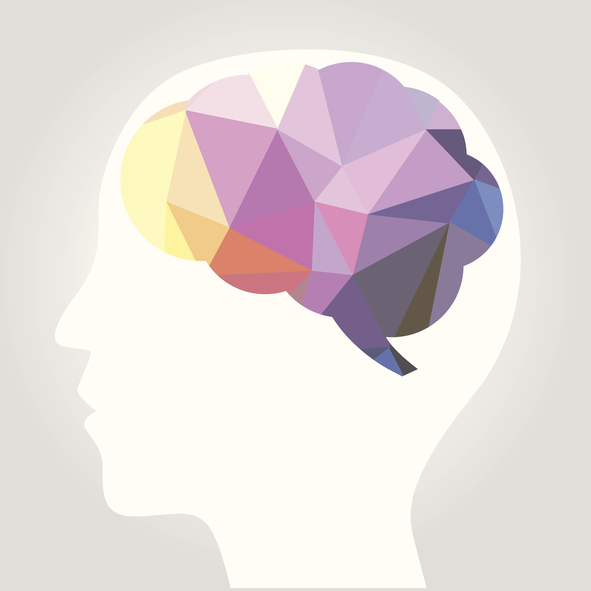Age related memory decline begins in the late 20s and continues; by age 70 the average memory decline is 43%, with a steady increase in the incidence of dementia. Common symptoms of memory loss include forgetting appointments more often, losing your train of thought, forgetting what you came into a room for, and increased distractibility.
Women who have had a total hysterectomy before menopause, or have used oral contraceptives for an extended period of time, are at increased risk of memory loss. Postmenopausal women who use estrogen for five or more years have an improvement in memory and protection against dementia, with a 60% reduction in risk of Alzheimer’s disease.
In men, testosterone plays a major role in brain function; the development of memory loss in males is related to the loss of testosterone. Low testosterone levels may occur prior to the diagnosis of Alzheimer’s disease.
For optimal brain function, bio-identical pellet therapy provides for safe, consistent hormone levels into the bloodstream and easily crosses the blood-brain barrier. Most other forms of hormone delivery, which are transported through the lymphatic system and cannot cross the blood-brain barrier (patches, creams, gels), provide inconsistent levels (shots, tablets), or worse, can trigger a stroke (synthetics), fall short when it comes to memory improvement.







